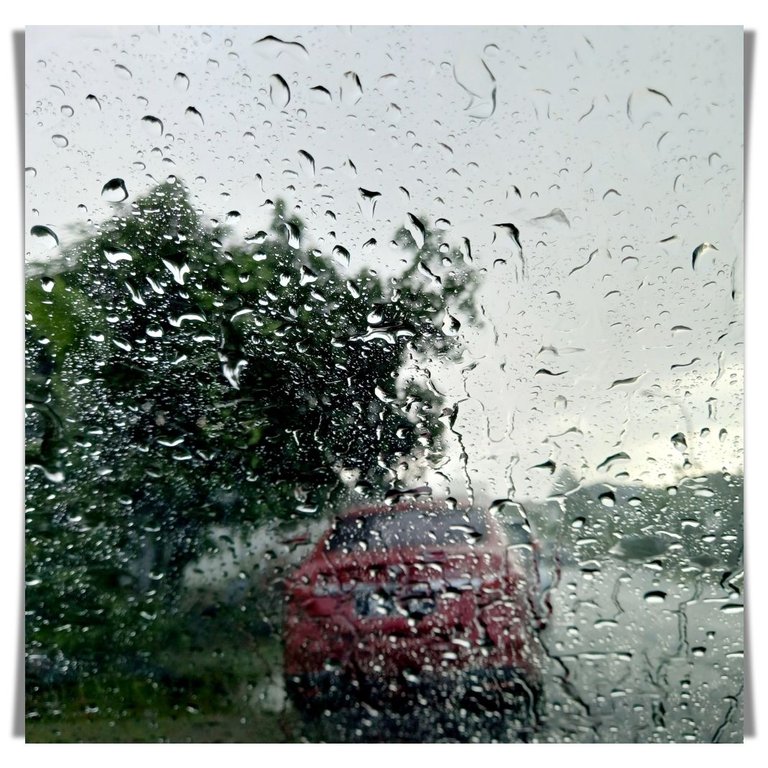People often misunderstood silence. Silence is often interpret as a void or emptiness in a society where words rule. However, silence is not an absence but rather a presence full of importance and possibility. It has its own language, which the heart understands instinctively even when the mind struggles to comprehend. To properly understand the language of silence, we must recognize its significant influence on our relationships, sense of self, and worldview.
Silence in Connection
One of the most profound moments in human connection is the silence between words. Silence between two people might indicate trust and understanding. When we embrace silence in a relationship, we understand that presence is sufficient and words are not always required to convey love, comfort, or solidarity.

I think about shared silences with people I love, such as my husband and children. Sitting by someone on a peaceful evening, watching the sky darken, or simply being in the same room while performing various tasks, these moments convey something that communication often fails to convey. They say, "I see you. I am here." In these cases, silence is not empty; it is filled with acknowledgment and connectedness.
Silence frequently conveys both closeness and tension in literature and movies. Moments like a pause before a character responds, a lingering glance, or the silence following a confession are memorable because they allow us to experience the gravity of what is not communicated. Silence forces us to confront emotions that words may dilute or conceal.
Silence in Self-Reflection
Silence also strengthens our bond with oneself. In solitude, away from the chaos of daily life, silence becomes a mirror. It mirrors the truths we frequently avoid, such as our anxieties, regrets, and deepest longings. Silence allows the heart to speak most clearly without the need for articulation.
Why is silence vital to me? As someone who is an ambivert, silence is more than a choice; it is necessary for my well-being. I rely on it just as much as the air I breathe. Without silence, I experienced more restlessness, worry, and persistent unease.
I've often wondered how people function without such stillness. Many people appear to live in a constant state of noise, whether caused by themselves or by others. How do they go about their daily lives without pausing to reflect? Perhaps they contemplate in the chaos as a form of adaptation, which I cannot judge. Every person has their own way of navigating life. But this isn't my way. I thrive when I incorporate silence into my daily routine.

As a child, I often found myself alone. I first came to understand the significance of stillness as a guiding force in my life during these quiet moments. Even without that upbringing, I believe I would have instinctively preferred solitude. My mind untangles in silence; jumbled thoughts become linear, and clarity emerges. In silence, I find my own solutions, charting my own road without the need for others' guidance. I say this not out of arrogance, but to acknowledge my truth.
It was not always easy to accept the need for solitude. In the past, I felt ashamed about my tendency to withdraw, especially during times of difficulty. This sentiment was exacerbated by "church culture," in which there was an expectation to seek open guidance from fellow believers—sharing burdens and requesting advice, regardless of its merit. But that is not how I function. I cannot explain my challenges without first reflecting deeply and determining my next steps. For years, this disparity made me feel as if I had disobeyed God, which weighed hard on me.
However, my understanding and conviction have developed with time. I've come to trust the process of silence—reading the Bible, praying, and journaling. These habits bring clarity that no external guidance could ever match. That is not to suggest that I dismiss the value of seeking advice entirely; rather, I turn to it only after I have gone through my thoughts in private.
Silence rejuvenates me. This silence reveals truths that demand recognition and acceptance. This is how I choose to live, and I will not let shame dictate my decisions or others undermine my resolve. I value stillness as a place where I can think freely, disentangle the messiness of life, and determine the path I should take. It is my way, and I will stick to it.
Silence has a reflective quality, which is why so many spiritual disciplines value it. Meditation, for example, is based on the idea of quieting one's mind in order to hear deeper truths within. Similarly, walks in nature, times of prayer, or simply sitting alone with a cup of tea are all ways of welcoming stillness into our life and creating a space for the heart to speak.
Silence As a Language of Grief and Longing
Grief, perhaps more than any other emotion, finds its voice in stillness. When words fail, and the enormity of loss becomes too severe to bear, silence takes over. It contains the silent ache, the memories that emerge unexpectedly, and the quiet moments when absence is felt most acutely.

I remember sitting in the aftermath of a loss. I was unable to talk but able to feel. In these instances, the language of silence conveys presence rather than emptiness. Silence acknowledges what words cannot: pain has to be carried rather than resolved. In silence, we acknowledge the depth of what we have lost and the enduring connection that remains.
Similarly, longing communicates through stillness. The longing for a distant loved one and the anticipation for a future we cannot yet achieve thrive in the silence. Words are not necessary to understand them; the heart whispers its desires in the silences.
Silence in Creative Expression
As an artist and writer, I understand how important silence is in both literature and art. Not only do the words on the page convey meaning, but the spaces between them also encourage the reader to fill in the gaps with their own understanding. A well-placed silence can convey more emotion than a paragraph of description.

In poetry, for example, silence is as vital as the words themselves. The line breaks, punctuation, and rhythm of the stanzas all create opportunities for silence to express itself. In these times, the reader is asked to pause, reflect, and experience the impact of what is inferred rather than expressed.
In reality, as in writing, stillness requires us to pay attention. It encourages us to focus on both the spoken words and the unspoken ones. It serves as a reminder that communication is about more than just what we share.
The Misunderstanding of Silence
Sometimes, people misunderstood silence despite its richness. A culture that prioritizes constant interaction may interpret stillness as failure. People often interpret it as an empty space, a sign of discomfort or disinterest. However, this approach ignores the depth and richness that solitude provides.
To accept silence is resisting the urge to fill every moment with noise. It is to believe that presence is sufficient and that comprehension does not necessarily require explanation. Silence is not a vacuum; rather, it is a vessel that can contain the most profound truths. Such recognition is essential.
The Gift of Silence
Ultimately, the language of silence conveys presence and possibility. Brene Brown reminds us that solitude and silence foster emotional resilience. These times of silence allow us to process difficult emotions, confront weakness, and grow stronger. Silence encourages us to connect with ourselves in an honest and unfiltered manner, laying the groundwork for resilience and self-compassion.

As I type this, the rain softly falls outside my window. The world is silent, save for the steady beat of rain striking glass. In this solitude, I hear the voices of memories and the constant hum of my own thoughts. It's a language I don't quite grasp, but I'm learning to trust it.
Silence urges us to slow down, listen, and feel. It serves as a reminder that connection is often more about how we feel than what we say. It reminds us that even in our most quiet moments, the heart speaks. And if we're prepared to listen, we might just hear the truth.
That's it for now. If you read this far, thank you. I appreciate it so much! Kindly give me a follow if you like my content. I mostly write about making art, writing, life musings, and our mundane yet charming family life here in Klang Valley, Malaysia.
Note: All images used belong to me unless stated otherwise.

I find silence to be a key ingredient in entering a meditative state. I often like to enjoy a quite walk with my dog El Compadre at sunset, as I'm able to be alone with my thoughts for a few minutes. It fosters wellbeing and helps in creative expression. I also notice that many people go through life without these moments of silence. Like you said
These are the same people who are continually checking all their message apps and social media on their phones. It's like living in a constant state of urgency.
Not my style.
Thank you for this post my friend.
Right? I can't tolerate the constant state of hypervigilance that these noises impose on my nervous system. Like you, I like to go for walks too, among trees and nature.